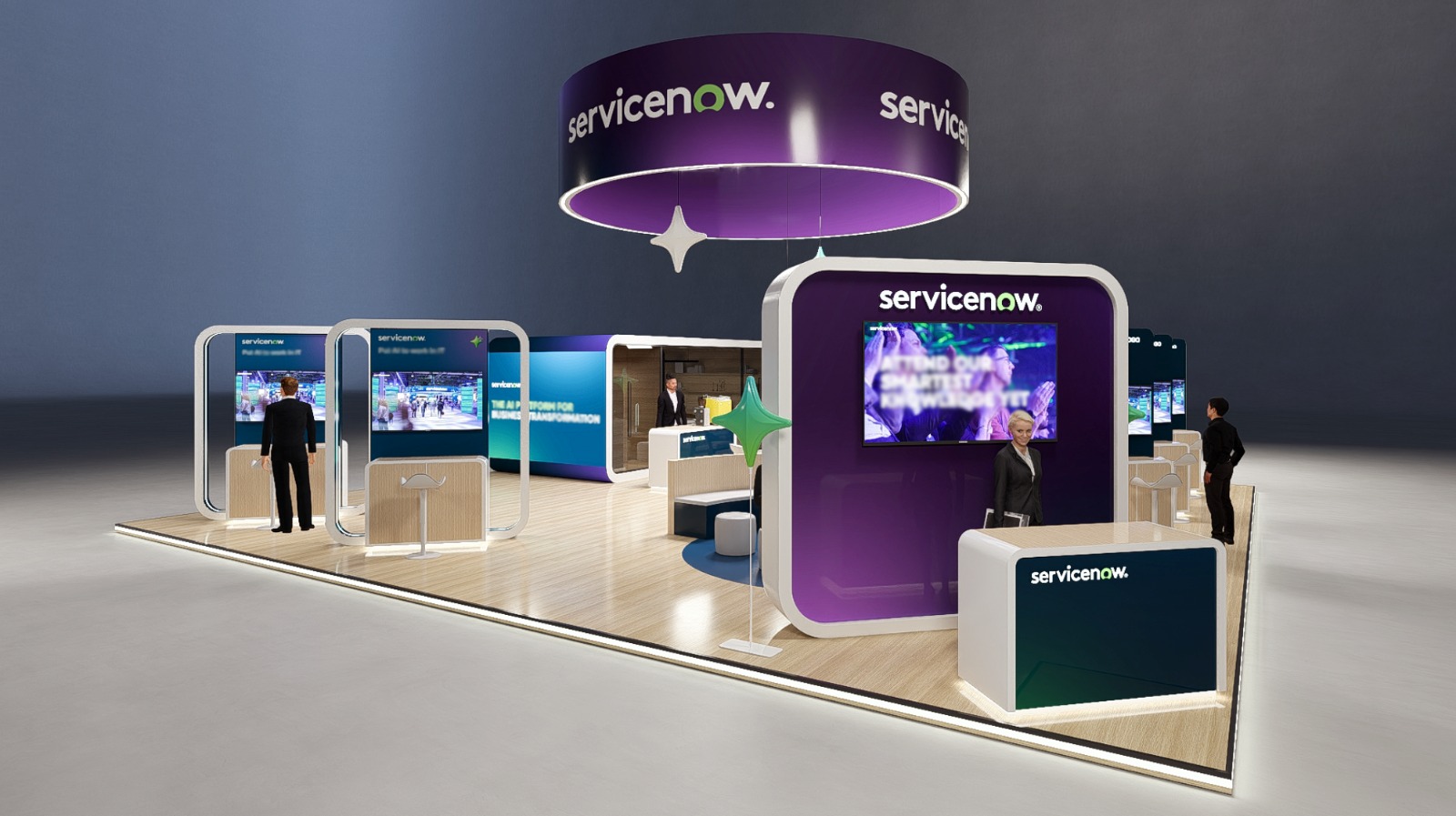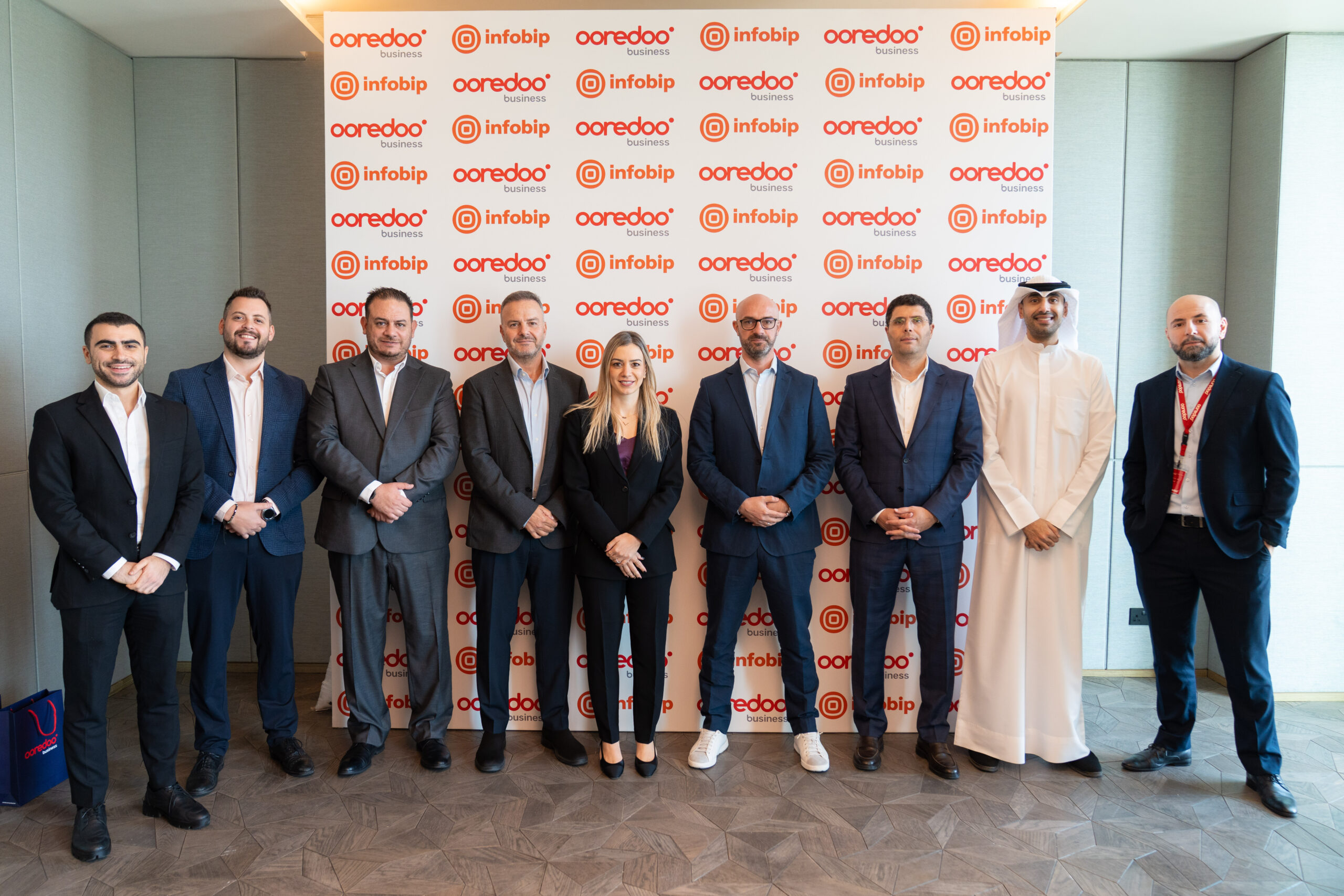Google has launched the AI Opportunity Initiative for the Middle East and North Africa (MENA), marking its largest AI initiative in the region. This initiative aims to enhance AI skills, provide research funding, and ensure access to beneficial AI products. Google.org, the philanthropic arm of Google, plans to invest US$15 million from this year until the end of 2027, supporting organizations across MENA to ensure that the benefits of AI are accessible to all.
Research highlights the urgent need to boost AI and digital literacy to prepare individuals for an AI-driven economy. According to the Economist Impact, AI could contribute an estimated $320 billion to MENA’s economic growth by 2030. Building on Google’s commitment to the region, which has included training three million individuals in digital skills since 2018, this initiative seeks to equip an additional half a million people with essential AI skills within two years.
The AI Opportunity Initiative will encompass several components:
- AI Skills Development: Google aims to foster inclusive education and training opportunities. This includes the launch of a new Arabic-language AI curriculum through its ‘Maharat min Google’ program, available on Coursera, which will teach critical skills such as prompt engineering.
- Support for Underserved Communities: Google.org is collaborating with Village Capital, a nonprofit organization, to provide grants that empower Business Support Organizations (BSOs) in delivering AI upskilling opportunities. The program targets women, youth, migrants, and residents of rural areas across the UAE, Saudi Arabia, Qatar, Jordan, Palestine, Egypt, Tunisia, Morocco, Lebanon, Bahrain, and Iraq.
- Responsible AI Education in Arabic: In partnership with the Raspberry Pi Foundation and Google DeepMind, the Experience AI program will train teachers in AI literacy, focusing on students aged 11-14. This initiative will ensure that youth in the region acquire essential AI safety skills.
In terms of research and solutions, Google has invested over US$400 million globally in academic research since 2005. The new AI Research Fund will support local university researchers working on AI solutions across various sectors, including healthcare and education. Additionally, Google.org will provide funding to startAD, a startup accelerator, to develop AI-powered healthcare applications aimed at improving access for vulnerable populations in the UAE and Saudi Arabia.
Google’s AI-powered tools will also see enhancements, including the Gemini assistant, which was launched in Arabic in July 2023. New features will include personalized AI experts for various tasks, age-appropriate experiences for teens, and improved image generation capabilities using Arabic prompts.
Moreover, Google is reaffirming its commitment to cloud infrastructure investments in the region, with partnerships designed to enhance AI research and develop skilled jobs through digital upskilling programs.
At the Google AI Connect Event, Ruth Porat, President and Chief Investment Officer for Alphabet and Google, emphasized the significance of equipping communities with the necessary skills to leverage AI for economic growth. As highlighted by research from Public First, Google’s products contributed approximately US$12.8 billion to the UAE and Saudi Arabian economies last year, with expectations of rising to US$14.2 billion in 2024. The event, held at the Etihad Museum, attracted numerous stakeholders from government and business sectors, illustrating the widespread interest in this transformative initiative.









